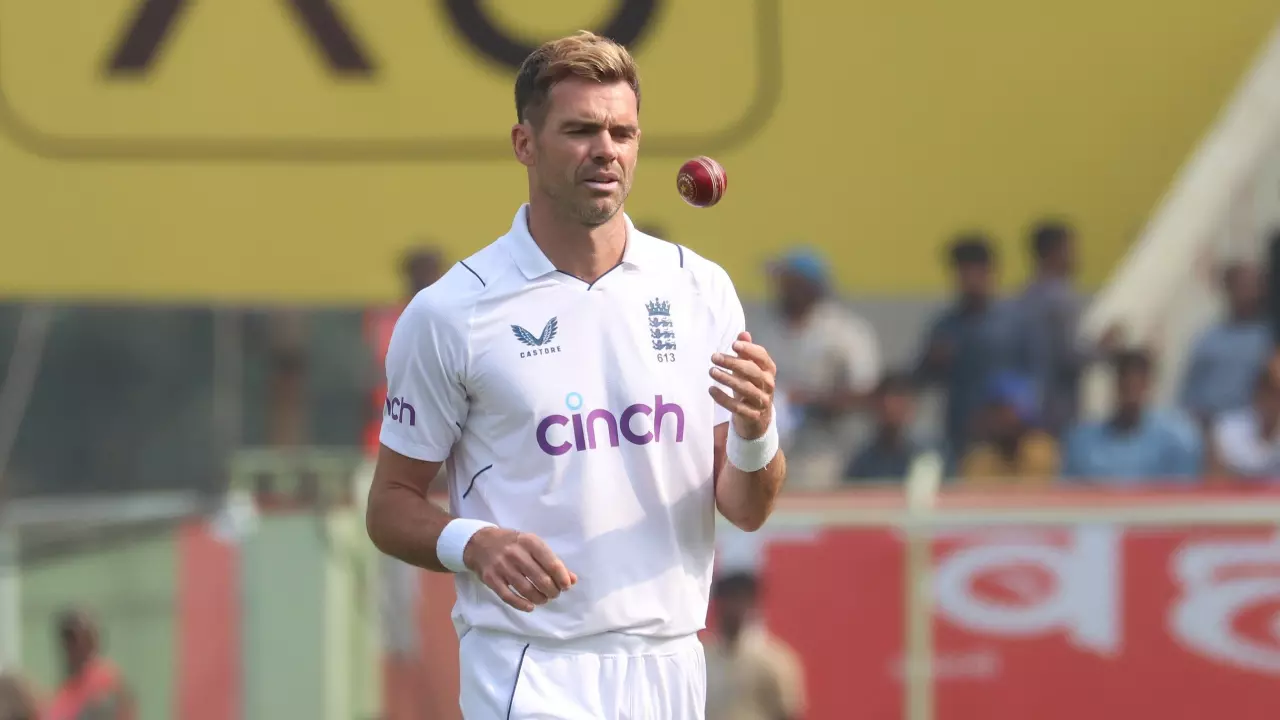The upcoming ICC Women’s T20 World Cup, scheduled to be held in Bangladesh from October 3 to 20, 2024, is facing uncertainty due to escalating political tensions in the host country. This potential disruption has been reported by Cricinfo, a leading cricket website, raising concerns among the international cricket community and fans worldwide.
Political Climate and Its Impact
Bangladesh has been experiencing significant political unrest, marked by protests and civil disobedience, particularly against the 30% quota in government jobs reserved for the children of 1971 war veterans. These demonstrations, which saw violent clashes and resulted in around 300 deaths, culminated in the resignation of Prime Minister Sheikh Hasina Wajid. The Supreme Court’s decision to abolish the quota system further fueled the unrest, leading to calls for continued protests until justice is served for the affected individuals.
In response to the political turmoil, Bangladesh’s Army Chief, General Waqar-ul-Zaman, announced the formation of an interim government aimed at restoring peace and stability in the country. However, the volatile situation has raised concerns about Bangladesh’s capability to safely host a major international sporting event like the ICC Women’s T20 World Cup.
Backup Venues and ICC’s Response
Given the uncertain political landscape, the International Cricket Council (ICC) is actively monitoring the situation in Bangladesh. An ICC spokesperson confirmed that the organization is in constant communication with the Bangladesh Cricket Board (BCB) to assess the feasibility of holding the tournament as planned. The safety of players, officials, and spectators remains the ICC’s top priority.
In light of the current instability, the ICC is considering alternative venues to ensure the tournament proceeds without disruption. India, Sri Lanka, and the United Arab Emirates have been identified as potential backup locations should the situation in Bangladesh deteriorate further. These countries have previously hosted major cricketing events and possess the necessary infrastructure to accommodate the Women’s T20 World Cup on short notice.
Travel Advisories and International Concerns
The political unrest in Bangladesh has prompted several countries to issue travel advisories to their citizens, cautioning them against traveling to the region. Such advisories underscore the severity of the situation and further complicate the logistics of organizing an international event. The advisories also reflect concerns about the safety and security of international teams and their supporters.
Historical Context and the Path Forward
The ninth edition of the ICC Women’s T20 World Cup is a significant event on the cricket calendar, promoting women’s cricket and providing a platform for female cricketers to showcase their talents on the global stage. The tournament’s potential relocation would be a logistical challenge but necessary to ensure the safety and success of the event.
Bangladesh’s political instability has historical roots, with recurring tensions and conflicts affecting the nation’s governance and social fabric. The recent protests and subsequent government changes are part of a broader narrative of political struggles that have shaped Bangladesh’s modern history.
The ICC, along with the BCB and potential host countries, must navigate these complexities to ensure the tournament’s smooth execution. While the primary focus is on safety, maintaining the integrity of the competition and providing a seamless experience for players and fans are also crucial considerations.
The ICC Women’s T20 World Cup faces significant uncertainty due to the political turmoil in Bangladesh. The ICC’s proactive approach, including monitoring the situation and considering alternative venues, reflects its commitment to the safety and success of the tournament. As Bangladesh navigates its political challenges, the international cricket community remains hopeful for a resolution that will allow the Women’s T20 World Cup to proceed, whether in Bangladesh or an alternative location. The situation serves as a reminder of the intersection between sports and politics and the need for robust contingency planning in the face of such challenges.



